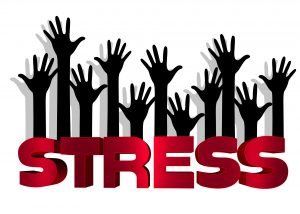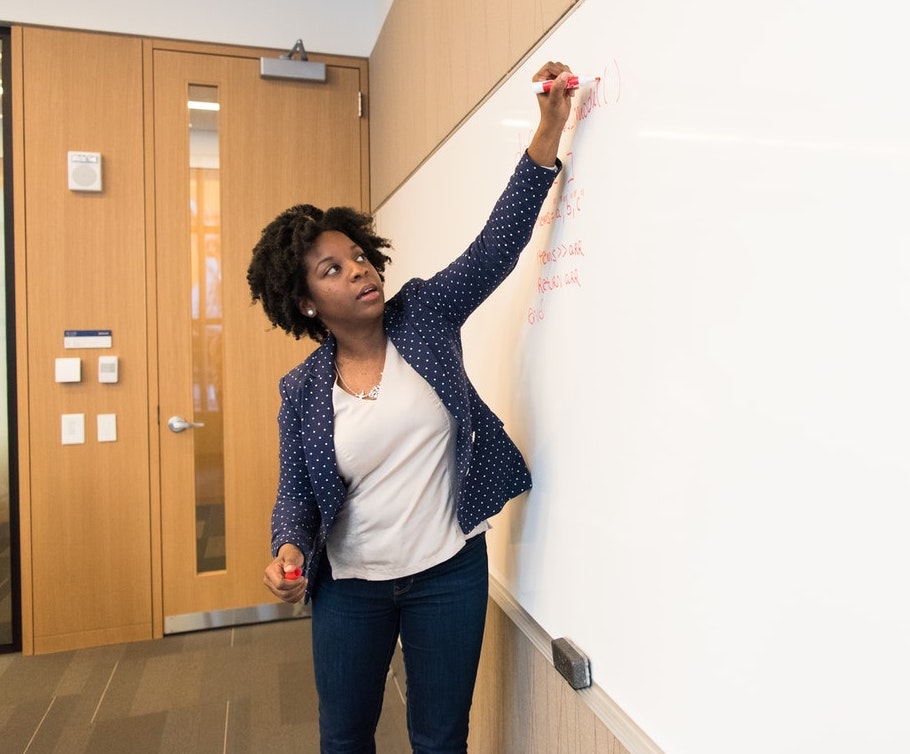For Educators, Being ‘Always-On’ During COVID-19 Can Lead to Burnout
 Chrissy Romano Arrabito teaches second grade at an elementary school in Hackensack, N.J., a community that has been devastated by COVID-19 in recent weeks.
Chrissy Romano Arrabito teaches second grade at an elementary school in Hackensack, N.J., a community that has been devastated by COVID-19 in recent weeks.
“In talking to my students and their families, we’re finding that just about everybody’s been touched in some way by COVID-19, my family included,” Romano Arrabito said during a recent EdSurge webinar on social-emotional learning. As such, she’s “really trying to put the emotional well-being of these kids first,” she added.
What that looks like for Romano Arrabito, at a time when schools across the country are shuttered indefinitely, is being available, flexible and frequently online. She sends a “morning message” to her students via video every day, so that they can see her and hear her voice, and answers calls from parents at 10 o’clock in the evenings, in special circumstances where she knows the family members are considered “essential workers” and are working odd hours.
Providing round-the-clock support to students is certainly valuable and admirable, said Christina Cipriano, another panelist during the webinar. But the director of research at the Yale Center for Emotional Intelligence also wants to make sure that teachers like Romano Arrabito, who are going to great lengths to support their students during these closures, are also making time to care for themselves.
“Your students are lucky to have you,” Cipriano said to Romano Arrabito. “I’m just thinking about, you know, when do you turn the screen off, or turn the text messages off? On the one hand, it’s tremendously important that you’re so available and so flexible to the needs of your students.
But at the same time, this could be going on for a while,” Cipriano added. “We need to make sure we’re attending to our own emotional health and well-being, too, because it’s not good for any of us to be ‘on’ in that way all the time.”
The exchange raised an interesting question about the expectations placed on educators during the pandemic. Confined to their homes, and often plugged in to their work via the internet, it’s difficult to find a reason not to make yourself available to your students and their families, Romano Arrabito noted. So where does one draw the line?
Excerpted from “For Educators, Being ‘Always-On’ During COVID-19 Can Lead to Burnout” in EdSurge. Listen to the entire conversation in the podcast below:
You can also find the EdSurge Podcast on Apple Podcasts, Overcast, Spotify, Stitcher, Google Play Music, or wherever you listen to podcasts.
Source: EdSurge | For Educators, Being ‘Always-On’ During COVID-19 Can Lead to Burnout, https://www.edsurge.com/news/2020-04-16-for-educators-an-always-on-mentality-during-covid-19-can-lead-to-burnout | © 2011-2020 EdSurge Inc.
CHC offers free community education sessions for educators. Join us to learn practical teaching strategies you can use in your classroom to help more kids reach their promise and potential. Educator sessions are led by experienced educator/clinician teams from Sand Hill School and CHC.





